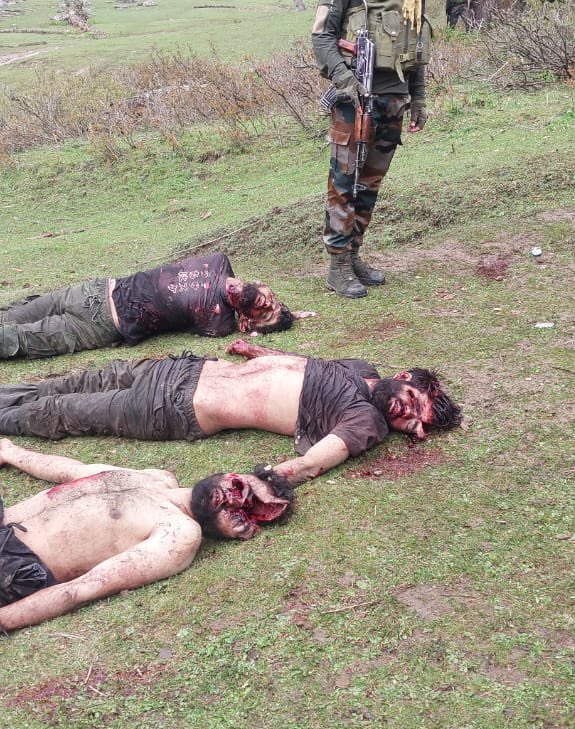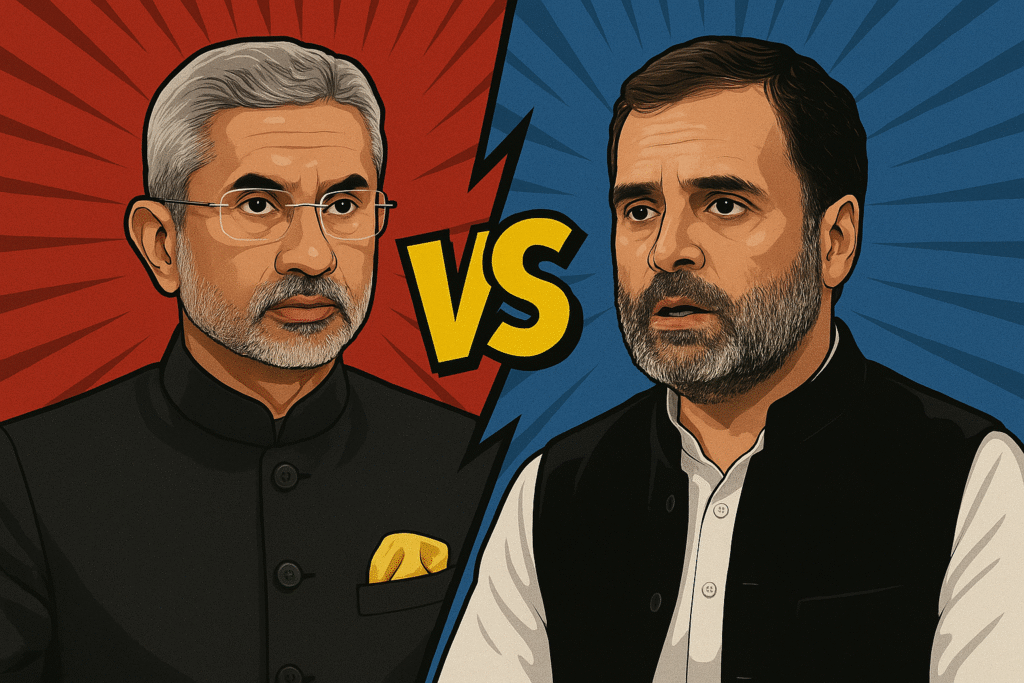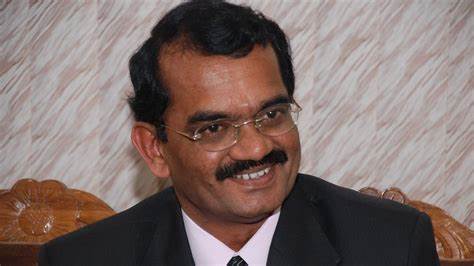Operation Keller: Indian Forces Eliminate Top Lashkar-e-Taiba Commanders in Shopian
Indian security forces neutralize top Lashkar commanders in South Kashmir, including mastermind of the Pahalgam attack, days after Indo-Pak ceasefire.
On May 13, 2025, a joint operation named Operation Keller was carried out by the Indian Army and Jammu & Kashmir Police in the Keller (Shukroo) area of Shopian, South Kashmir. Acting on specific intelligence inputs about the presence of armed terrorists, security forces launched a cordon-and-search operation which quickly escalated into a fierce gunfight.
OPERATION KELLER
— ADG PI - INDIAN ARMY (@adgpi) May 13, 2025
On 13 May 2025, based on specific intelligence of a #RashtriyasRifles Unit, about presence of terrorists in general area Shoekal Keller, #Shopian, #IndianArmy launched a search and destroy Operation. During the operation, terrorists opened heavy fire and fierce… pic.twitter.com/KZwIkEGiLF
During the encounter, three Lashkar-e-Taiba (LeT) affiliated terrorists were neutralized, including: Two local militants affiliated with LeT and its proxy outfit, The Resistance Front (TRF). One unidentified Pakistani national, believed to be a cross-border infiltrator. This encounter came just days after the Pahalgam terror attack and the India-Pakistan ceasefire on May 10, underlining India’s continued counter-terror operations despite diplomatic pauses.
Who Were the Terrorists Killed in Operation Keller?
The Shopian encounter under Operation Keller resulted in the elimination of three terrorists associated with Lashkar-e-Taiba (LeT) and its proxy group, The Resistance Front (TRF). Among them was Shahid Ahmed Kuttay, a high-value target and the chief operational commander of LeT/TRF in South Kashmir. A resident of Chotipora Heerpora in Shopian, Kuttay had joined the terrorist ranks in March 2023 and was classified as a Category A terrorist. He was the mastermind behind the April 22, 2025, Pahalgam terror attack, which claimed 26 lives. His involvement in several other deadly incidents, including the killing of a BJP sarpanch in May 2024, made him one of the most wanted militants in the region. In a strong punitive measure, authorities had demolished his house following the Pahalgam massacre.
Another militant killed was Adnan Shafi, a resident of Wanduna Melhora, also in Shopian. He had joined LeT/TRF in October 2024 and was classified as a Category C terrorist. Shafi was involved in the targeted killing of a non-local labourer in Wachi, Shopian, in October 2024, further highlighting his role in spreading fear and instability in the region.
The third terrorist killed in the encounter is believed to be a Pakistani national, although his identity is still being verified by the authorities. Intelligence reports suggest that he had crossed into Kashmir recently to aid LeT/TRF operations. The presence of a foreign militant underscores the continued cross-border involvement in sponsoring terrorism within Indian territory.
#BreakingNews | House of an active top Lashkar terrorist Commander Shahid Ahmad Kuttay, a resident of Chotipora area of Shopian has also been demolished@Ieshan_W | @ayusureboutdat#PahalgamTerroristAttack pic.twitter.com/1hZb0a2oTy
— News18 (@CNNnews18) April 26, 2025
According to security sources, Shahid Kuttay maintained direct contact with senior Lashkar commanders across the border, including Sajid Jatt, a known handler. His death is expected to cause a significant disruption to the terror group’s chain of command and operational planning in the Kashmir Valley.
What Is the Significance of This Encounter?
The success of Operation Keller marks a significant milestone in India’s ongoing counter-terrorism efforts, particularly in the aftermath of the Pahalgam terror attack and the subsequent India-Pakistan ceasefire. The elimination of Shahid Ahmed Kuttay, the operational commander of Lashkar-e-Taiba and its proxy TRF in South Kashmir, represents a major disruption to the terrorist network’s leadership and operational capabilities in the region.
Kuttay was not only the mastermind behind the deadly Pahalgam attack but also deeply involved in coordinating attacks on security personnel and civilians. His death, along with the neutralization of two other militants—one of them a Pakistani national—sends a strong message about India’s uncompromising stance on cross-border terrorism. This operation also reflects the Indian security forces’ enhanced intelligence capabilities and swift operational execution. Coming just days after a declared ceasefire, the encounter signals that India will continue to act decisively against terror threats regardless of diplomatic developments. It reinforces the message that peace does not come at the cost of security, and that India’s new rules of engagement allow for proactive strikes on terrorist infrastructure whenever the need arises.





















